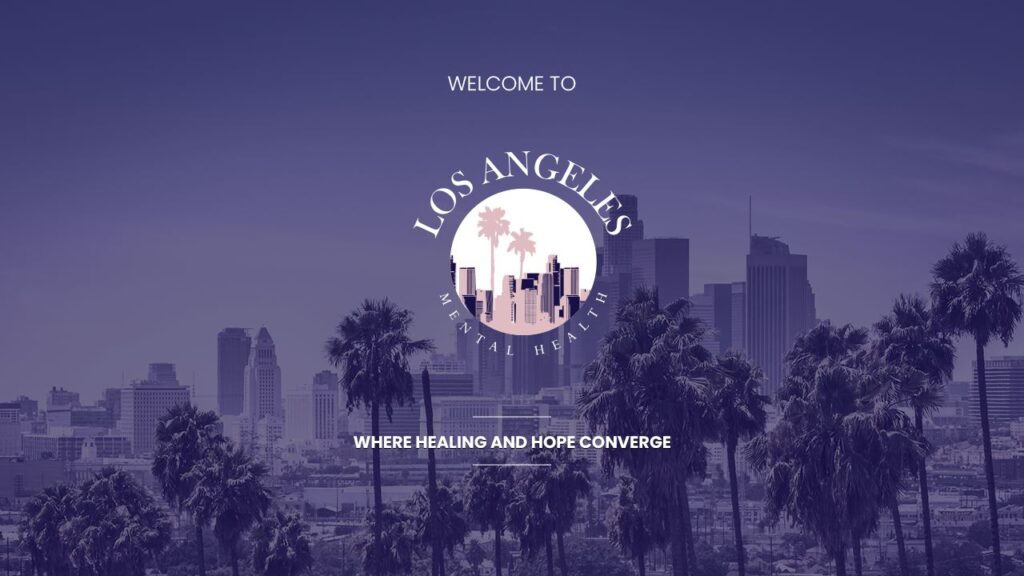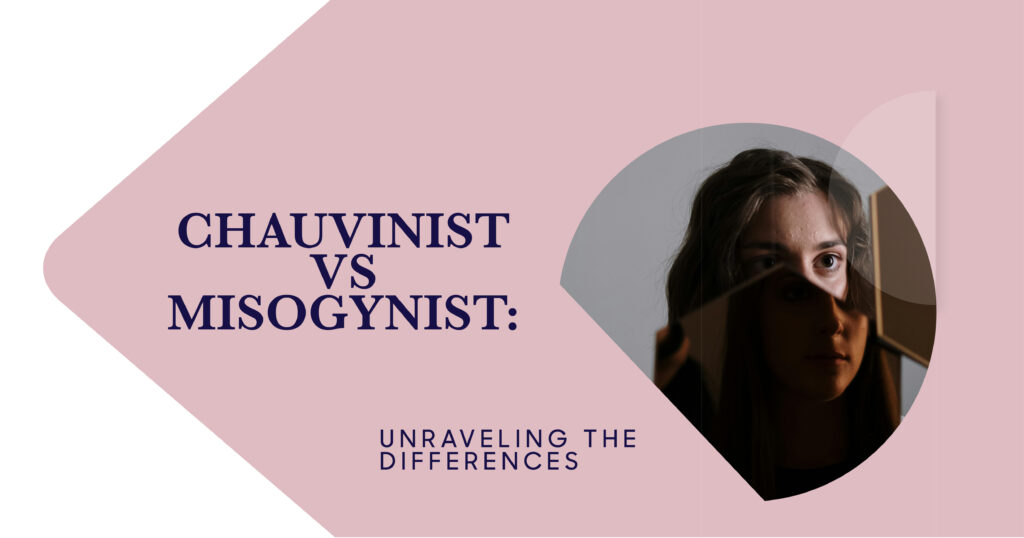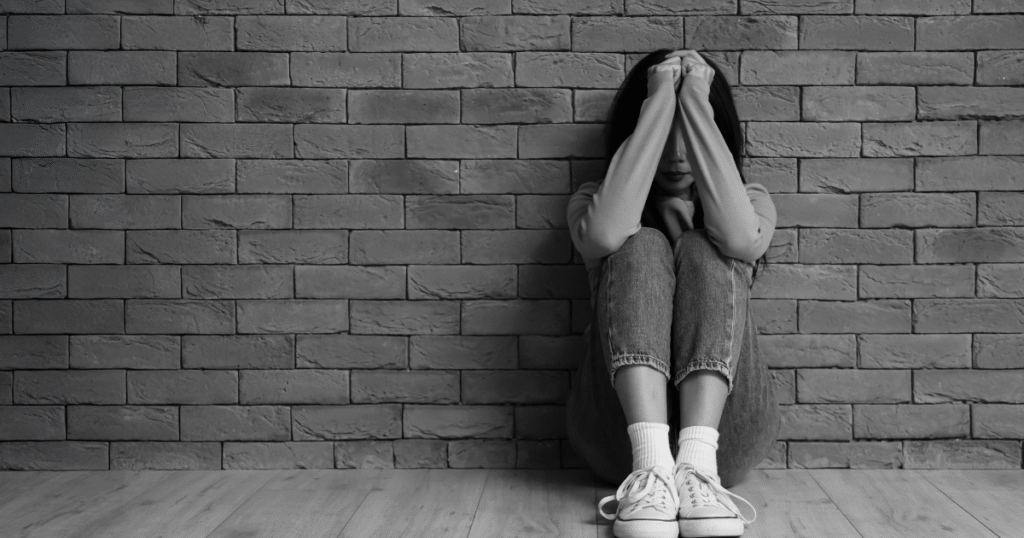Ever sat in a meeting where a man interrupted a woman three times, then later held the door open for her while saying “ladies first”? Or watched someone’s face twist with genuine anger when they heard about a female CEO’s success story? These moments reveal something crucial that most people miss entirely.
The truth is, not all gender biases look the same. Some come wrapped in old-fashioned “courtesy,” while others drip with pure resentment. Understanding the chauvinist vs misogynist difference is not just academic theory, but it’s the key to surviving and thriving in a world where both types of people make decisions that affect women’s lives every single day.
What Defines a Chauvinist
Let’s try to understand it with this instance! Meet Dave from accounting, who always offers to carry heavy boxes for his female coworkers. Dave pays for every dinner date and gets offended if a woman reaches for her wallet. Dave thinks women are “too pure” for crude jokes, but somehow can’t see why his female colleagues never get assigned to the big construction projects.
Dave isn’t evil. Dave’s grandmother raised him to “respect women” by treating them like delicate flowers. Dave genuinely believes he is being a good guy when he tells his daughter she is “too pretty for engineering” or when he suggests his wife does not need to worry about their retirement planning because “that is husband stuff.”
Chauvinists like Dave operate from a twisted sense of protection. They have swallowed this ancient idea that women are somehow both precious and helpless, needing constant male guidance and shielding from the harsh realities of life.
Los Angeles Mental Health
Historical Context and Evolution
This mindset did not appear overnight. Centuries of patriarchy built these beliefs into our culture’s DNA. Think about every fairy tale where a princess waited for rescue, every movie where the woman needed saving, every generation of mothers told their sons to “take care of the women.”
The word itself comes from Nicolas Chauvin, a French soldier who loved Napoleon a little too much. But when applied to gender, it describes this suffocating blend of superiority and “protection” that keeps women locked in golden cages.
Social and Cultural Implications
Here is what makes chauvinism so subtle, and it feels good to both parties, at least on the surface. The man feels noble and protective. The woman might feel cherished and special. But underneath that warm, vague feeling lies a prison of limitations that crushes dreams and potential.
When someone says “women are naturally more caring,” they are not just making conversation. They are explaining why women should handle all the emotional labour in relationships, why they are better suited for teaching than leading companies, and why their “natural gifts” conveniently align with lower-paid, lower-status work.
Understanding Misogyny
Now, let’s meet Brad from the sales team. Brad doesn’t hold doors open for women. When Sarah from marketing got promoted, Brad spent the entire happy hour explaining how she “probably slept her way to the top.” Brad makes “jokes” about women drivers and gets visibly angry during conversations about the gender pay gap.
Brad represents misogyny in its rawest form. This is not about protection or old-fashioned values. This is active hostility toward women, especially those who dare to challenge traditional power structures or achieve success in male-dominated spaces.
Roots and Origins
Research from the American Psychological Association reveals that misogynistic attitudes often explode when traditional masculine identities feel threatened. When women start succeeding in areas men once dominated, some respond with fear, anger, and deliberate sabotage rather than celebration or adaptation.
Impact on Society and Individuals
Both Dave and Brad create barriers that hurt real people in measurable ways. Dave’s “protective” instincts mean qualified women don’t get challenging assignments that could advance their careers. Brad’s hostility creates toxic work environments where women face harassment and exclusion.
The chauvinist vs misogynist distinction matters because Sarah needs different strategies to deal with each. With Dave, education and gentle confrontation might work. With Brad, she needs clear boundaries, documentation, and probably HR involvement.
Comparing Chauvinism and Misogyny
Picture two reactions to the same news, where “A woman just became CEO of that tech company.”

Dave might say, “Good for her, but I hope she does not neglect her family. Women have such important roles as mothers,” and Brad might say, “Great, another diversity hire who will run the company into the ground. This is what happens when you lower standards.”
Both responses undermine the woman’s achievement, but they come from completely different emotional places and require different responses.
Similarities and Overlaps
Despite their different flavors, both attitudes poison the well of gender equality. They both assume male dominance is natural and desirable. They both limit women’s opportunities through different mechanisms, one through suffocating “care,” the other through active opposition. Sometimes they even coexist in the same person, creating complex webs of discrimination and prejudice.
Key Differences in Attitudes and Behaviors
Dave thinks he is helping women by limiting their choices “for their own good.” Brad actively wants to limit women because he sees their success as his failure. Understanding this difference between chauvinism and misogyny helps us respond more wisely to different forms of bias.
The Role of Media in Shaping Perceptions
Entertainment has been programming these attitudes into our brains for decades. Every rom-com where persistence overcomes rejection teaches chauvinistic lessons about what women “really want.” Every action movie where women exist solely to motivate male heroes reinforces these limiting beliefs.
Los Angeles Mental Health
Portrayals in Film and Literature
Classic movies overflow with “romantic” scenes where men make major life decisions for women without consulting them. These stories taught generations that male control equals love and protection. Meanwhile, modern media sometimes swings toward portraying ambitious women as cold, calculating villains who sacrifice their femininity for success.
Influence of Social Media
Online platforms have become battlegrounds where both attitudes play out in real time. According to Pew Research Center research, social platforms amplify existing gender biases while also creating spaces for challenging these outdated thinking patterns. Scroll through any comment section on articles about successful women, and you will see both patronizing “advice” and outright hostile attacks.
Addressing Chauvinism and Misogyny Today
Fighting these attitudes requires completely different approaches. Chauvinists often respond to gentle education about how their “protective” instincts actually harm women. Many genuinely want to change once they understand the impact of their behavior.
Misogynists need firmer boundaries and real consequences. Their hostility is more intentional and requires direct confrontation, clear policies, and enforcement with teeth.
Educational Initiatives and Awareness
Real change happens when people start recognizing these patterns in their own families, workplaces, and communities. It happens when fathers realize their “princess” treatment is actually limiting their daughters’ potential, when managers understand how their “protective” assignment decisions create unfair career obstacles.
Gender bias awareness training works best when it connects emotional dots, helping people see how their attitudes affect real people they care about.
Role of Policy and Legislation at Los Angeles Mental Health
Effective policies at Los Angeles Mental Health tackle both the “benevolent” sexism that flows from chauvinistic thinking and the hostile discrimination that defines misogyny.
This means laws that protect women from subtle bias and outright harassment, workplace policies that create real consequences for both types of behavior, and cultural shifts that challenge gender inequality at its roots. For support or to learn more about their services and initiatives, you can contact us at Los Angeles Mental Health for professional guidance.

FAQ’s
What are the key differences between chauvinism and misogyny in the context of gender bias and male dominance?
You all must know a guy who is not ready to accept a woman’s opinion and is ready to agree with men as soon as they speak. That’s chauvinism and it’s arrogance. Misogyny is cold, gut-level dislike of women and where women are treated as less than human.
How does sexism contribute to gender inequality and female oppression within patriarchal societies?
Imagine we are all playing a game where the rules were written when women could not even vote. Women still get paid less for the same work and carry most of the invisible emotional labour at home. It’s not that women are not capable, but the system was not built to value what women bring to the table.
In what ways do traditional gender roles perpetuate discrimination and prejudice against women?
Because it is designated traditionally, we say women should be nurturing and men should be strong leaders, we are not describing biology here, we are enforcing stereotypes.
How can male dominance and chauvinism impact workplace dynamics and contribute to gender bias?
Imagine dealing with harassment that everyone pretends not to see. It’s death by a thousand paper cuts, where talented women either burn out trying to prove themselves or leave because they are tired of fighting just to be treated fairly.
Los Angeles Mental Health
What steps can individuals and communities take to address sexism and promote gender equality?
Starting small may bring change at large. Listen when women speak, share chores at home, and challenge sexist jokes. Support women at work by giving credit fairly and mentoring young girls to believe in themselves. Real change happens when we all do our part, one respectful choice at a time.












